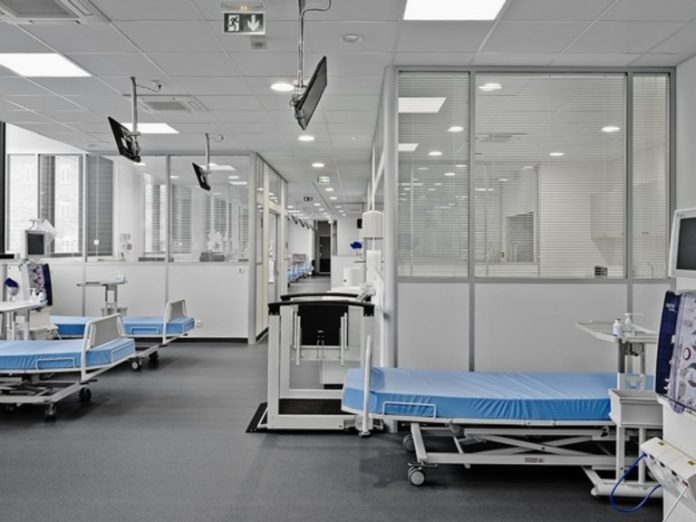Chronic kidney disease (CKD) is a major health problem that affects millions of individuals throughout the world. Dialysis becomes an essential and life-saving treatment for people whose kidneys can no longer perform their vital tasks. This dialysis center in Ludhiana gives an idea about various varieties, rewards, obstacles, and the necessary lifestyle changes that come with this journey.
Dialysis Explained:
Dialysis is a medical therapy that mimics kidney function by eliminating waste and excess fluids from the circulation. Dialysis is classified into two types: hemodialysis and peritoneal dialysis.
Hemodialysis is the process of filtering blood through a machine called a dialyzer. The patient’s blood is pushed through the dialyzer during therapy, where it is cleaned of waste and excess fluids. Hemodialysis treatments are normally scheduled three times per week and last several hours each. This type of dialysis is often performed in a specialist dialysis center under the supervision of medical personnel.
Peritoneal Dialysis: On the other hand, peritoneal dialysis occurs within the body. A catheter is used to inject cleaning fluid into the abdomen, and the peritoneal membrane works as a natural filter. Waste materials and excess fluids are absorbed by the fluid and then evacuated from the body. Peritoneal dialysis is more flexible because it may be performed at home, but it needs strict adherence to sterile protocols.
Dialysis Has Many Advantages:
Dialysis is a lifeline for people with CKD, providing several benefits that enhance their quality of life and general health:
Dialysis aids in the removal of waste products and excess fluids that collect in the body as a result of renal disease. This avoids issues and preserves good health.
Dialysis aids in the regulation of blood pressure, lowering the risk of heart disease and stroke.
Electrolyte Balance: Electrolyte balance is critical for proper biological activities. Dialysis maintains these levels within a safe range.
Improved Energy: As waste materials are removed from the body, patients frequently report improved energy and decreased weariness.
Challenges & Lifestyle Changes:
While dialysis provides life-sustaining advantages, it also poses problems and necessitates considerable lifestyle changes:
Dietary limitations: Patients must follow dietary limitations, which include limiting their salt, potassium, phosphorus, and hydration consumption.
Fluid Management: It is critical to control fluid intake in order to avoid fluid overload and related consequences.
Time Commitment: Regular dialysis sessions, whether at a center or at home, require a significant time commitment that might interfere with everyday activities.
Dealing with a chronic disease and the changes it entails can have emotional and psychological consequences. It is critical to have the support of healthcare professionals and loved ones. While physical activity is vital, dialysis patients should consult their healthcare provider to establish acceptable levels of exercise.
Dialysis Innovations:
Medical technological advancements are constantly reshaping the dialysis landscape:
Home Hemodialysis: Some people may now have hemodialysis at home using portable devices, giving them more freedom and independence.
High-Flux Dialysis: This modern approach improves waste clearance and toxin elimination, resulting in more efficient treatment sessions.
Telehealth Services: Remote consultations with healthcare providers provide for continuous monitoring and assistance, minimizing the need for in-person visits.
Dialysis is a critical treatment for those suffering from severe renal disease, allowing them to live meaningful lives despite their medical condition. Patients and their support networks can traverse this path more successfully by knowing the various forms of dialysis, acknowledging the related rewards and challenges, and accepting the necessary lifestyle changes. Individuals on dialysis may improve their quality of life and find hope in their path toward better health and well-being by working closely with healthcare experts, embracing support networks, and making educated decisions.
- Elevate Your Events: Discover Perth’s Premier Function Center! - July 15, 2024
- Finding Relief: Best Hip Surgeons in Panchkula for Pain Management - July 15, 2024
- The Ultimate Guide to Finding Safe and Affordable Used Breast Pumps - July 15, 2024






























